Supporting community development
More than 30 percent of Pakistan’s population live below the poverty line. In Sindh, rural areas face heightened food insecurity and limited service access.
To address employment and social issues in the region, Delta Blue Carbon Project has set a target of training 18,000 male community members and 6,000 female members in different skills related to natural resource management (NRM) and other areas.
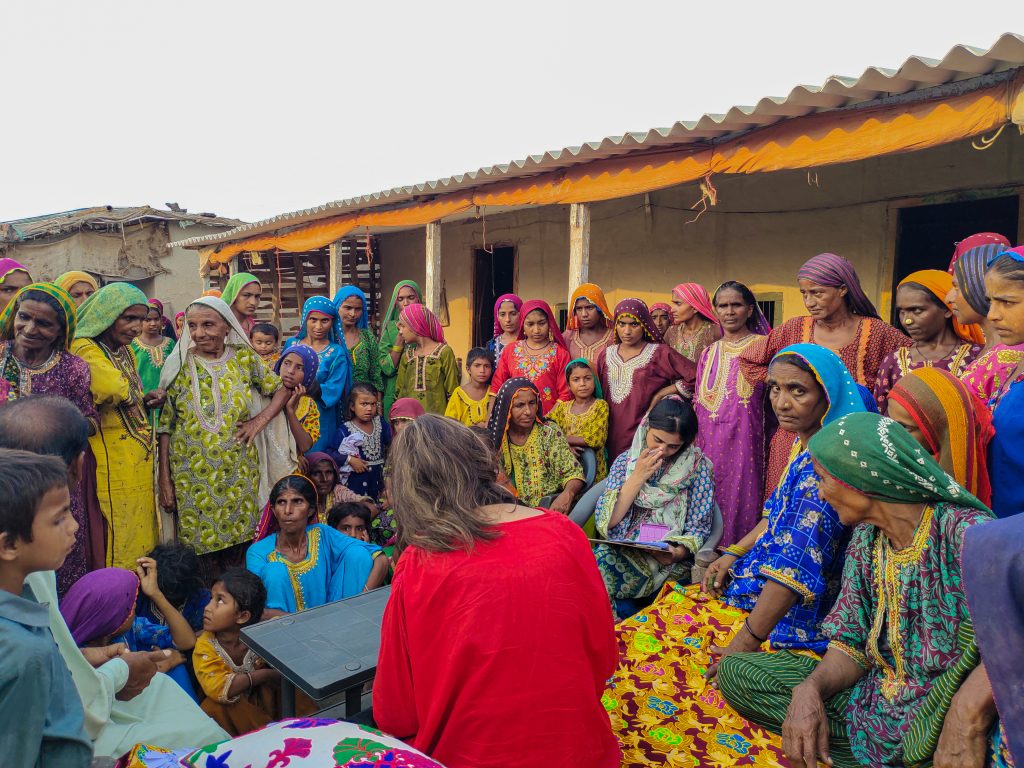
Empowering communities through employment opportunities
Local community members are engaged in various natural resource management (NRM) related activities, ranging from protection of existing mangrove forests under Mangrove Stewardship Agreements to collecting propagules, raising plantlets, planting, as well as community and infrastructure development, carrying out surveys and collecting data.
Through different interventions, the project aims to:
- Provide affordable and safe drinking water.
- Improve sanitation and hygiene and support for provision of basic health facilities for forest-dependent communities.
- Deliver enhanced access to primary and secondary level education through increasing student enrollment and the improvement of learning environments.
- Create employment and job opportunities for local community members, both male and female, to generate decent livelihoods.
Approximately 21,000 people will get full-time employment, which is almost half of the local population.
Prioritising health care and infrastructure
Five Reverse Osmosis (RO) Plants have been installed in the project area which are now managed and maintained by Indus Delta Capital, in partnership with elected members from local villages through village development committees. More are planned for the future. Together the five plants will provide clean and safe water for a population of 49,000 people across 60 villages in the project area.
The project is also paying special attention to the different community health related issues such as the prevalence of communicable, non-communicable and preventable diseases, malnutrition and under-nourishment.
Projects supporting safe drinking water
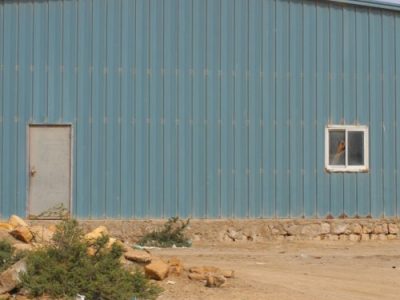
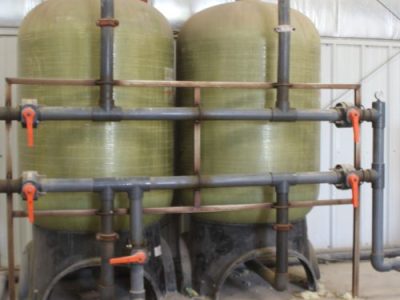
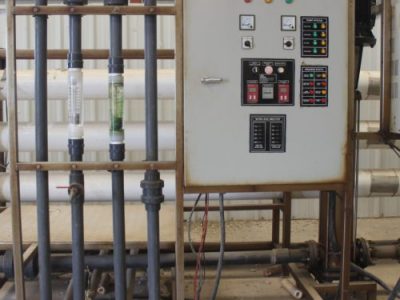
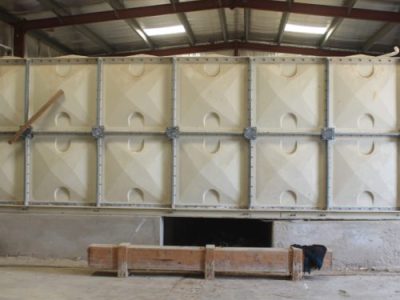
Ahmed Dablo Reverse Osmosis plant
A reverse osmosis plant in the village of Ahmed Dablo in the district of Thatta.
Running hours per day: 2 hours
Capacity: 100,000 gallons per day (GPD)
Number of people served: 6,313
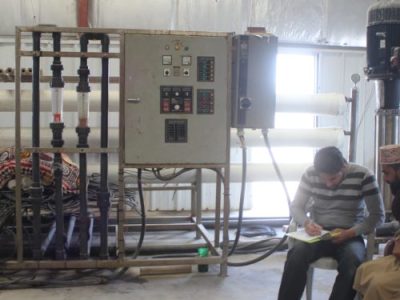
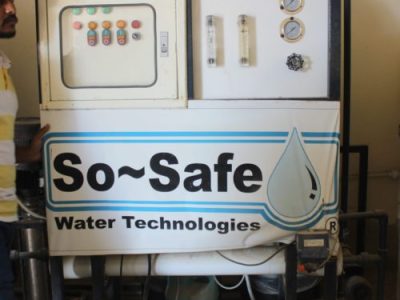
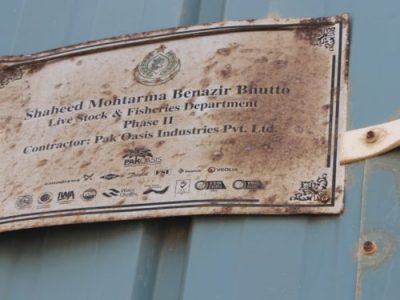
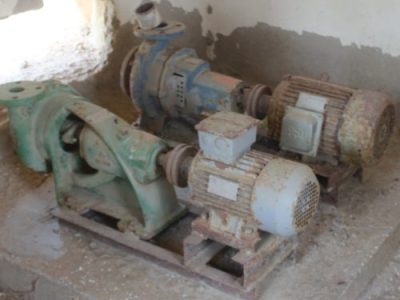
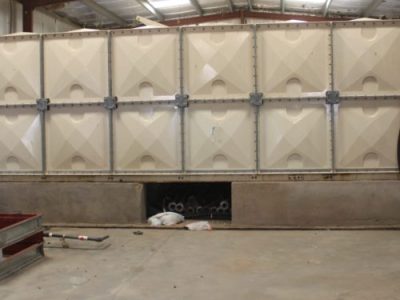
Haji Pandhi Jatt Goth Reverse Osmosis plant
The RO plant in Haji Pandhi Jatt Goth village, alongside the coastal highway in Thatta.
Running hours per day: 12 hours
Capacity: 7,000 gallons per day (GPD)
Number of people served: 2,651
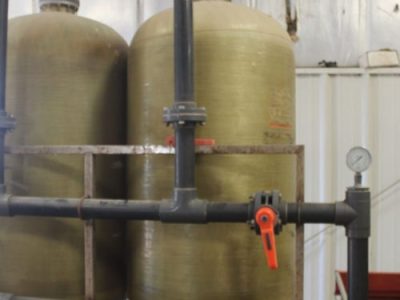
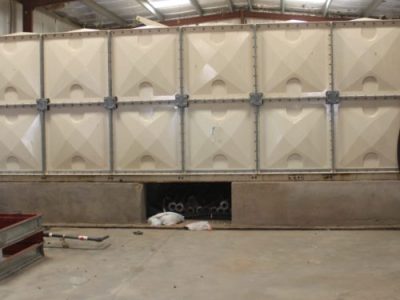
Haji Wario Jatt Reverse Osmosis plant
Haji Warayo is located along the of coastal line of Shah Bander in Sujawal.
Running hours per day: 8 hours
Capacity: 10,000 gallons per day (GPD)
Number of people served: 25,252
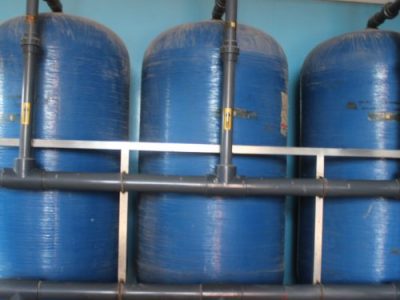
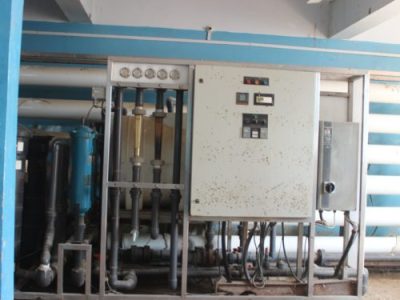
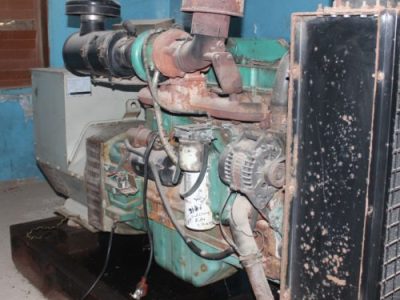
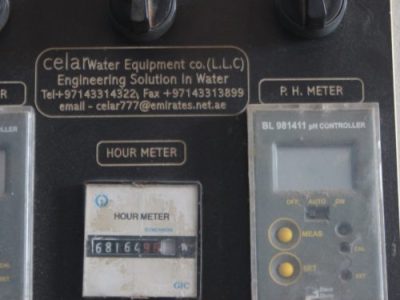
Keti Bander Reverse Osmosis plant
Keti-Bandar plant.
Running hours per day: 8 hours
Capacity: 10,000 gallons per day (GPD)
Number of people served: 25,252
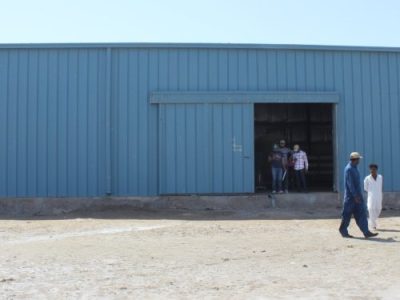
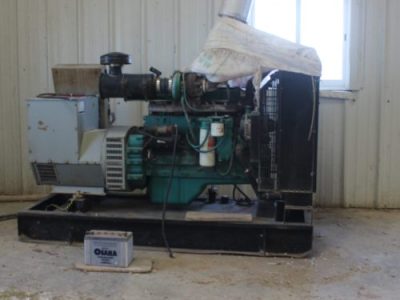
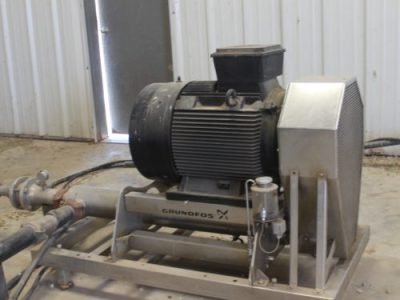
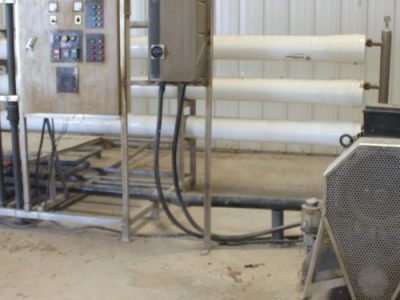
Muhammad Khan Jatt Goth Reverse Osmosis plant
A reverse osmosis plant in Muhammad Khan Jatt Goth, located along Keti Bunder highway in UC Mohal, district Thatta.
Running hours per day: 3 hours
Capacity: 10,000 gallons per day (GPD)
Number of people served: 9,469
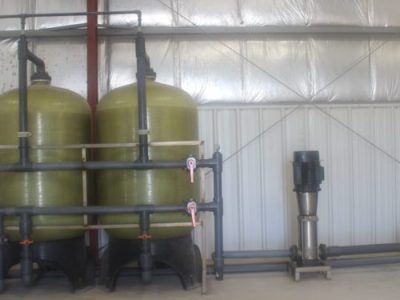
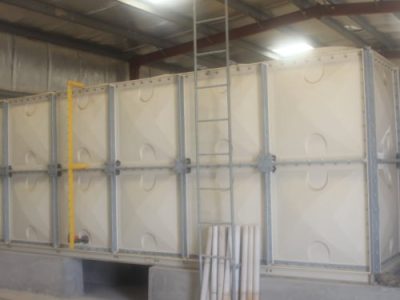
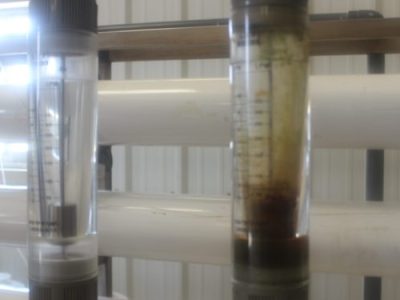
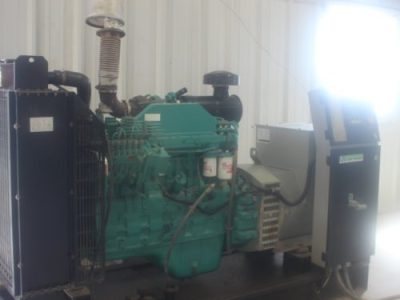
Peerabad Reverse Osmosis plant
A reverse osmosis along coastal highway in Peerabad.
Running hours per day: 8 hours
Capacity: 10,000 gallons per day (GPD)
Number of people served: 25,252
Projects supporting better access to healthcare
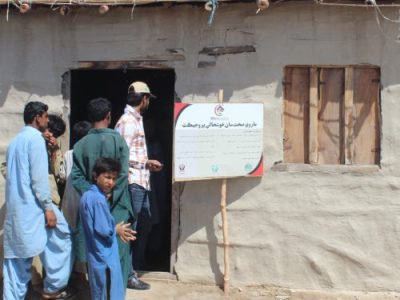
Muhammad Moosa Jatt healthcare dispensary
A basic dispensary was surveyed in Muhammad Moosa Jatt village, which is located along the Keti Bunder highway in the district of Thatta.
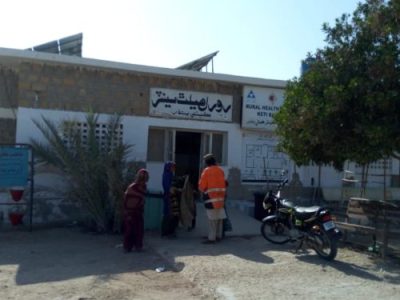
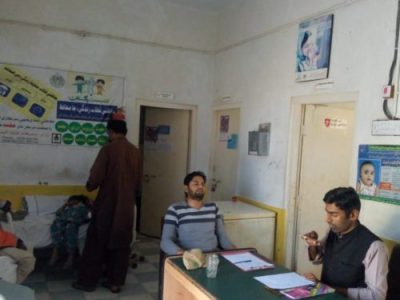
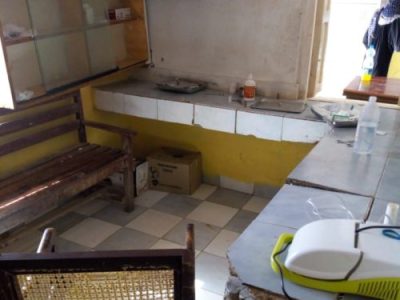
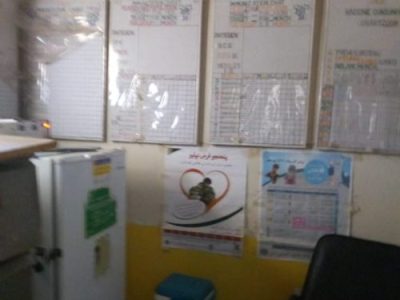
Keti Bundar health centre
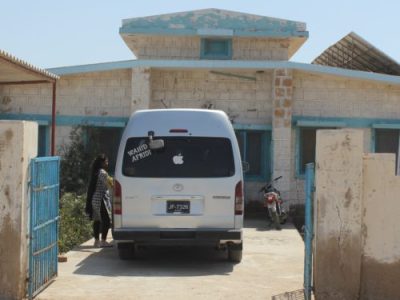
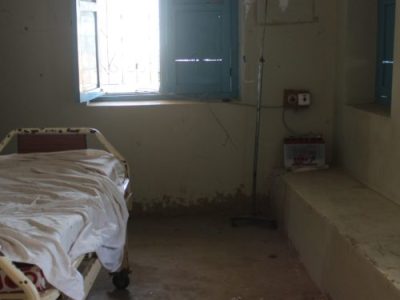
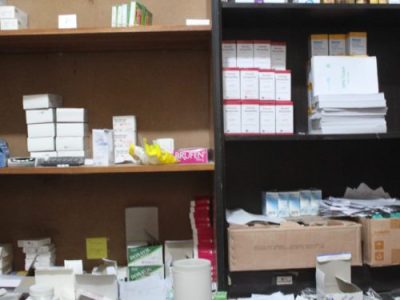
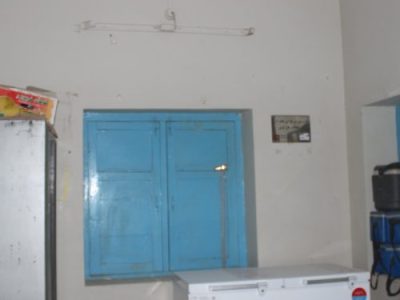
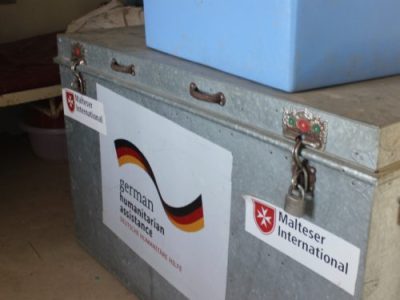
Ahmed Khan Memon health unit
In the village of Ahmed Khan Memon, located along coastal line of Keti Bunder in Thatta, a basic health unit was struggling to meet local demand for the basic medical needs of local people.
Supporting villages in the region
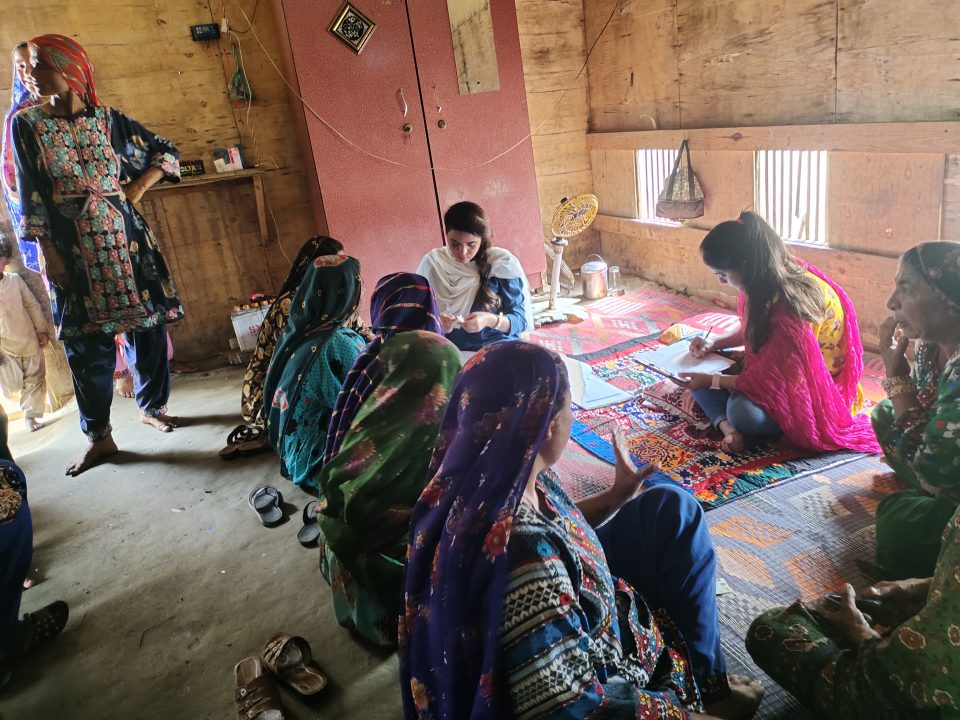
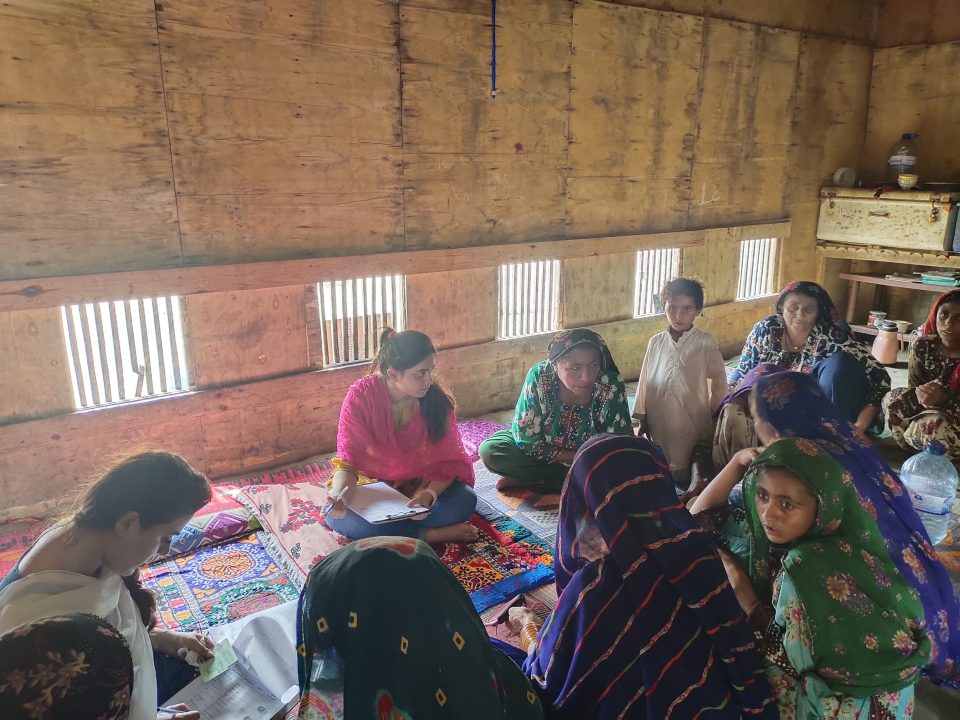
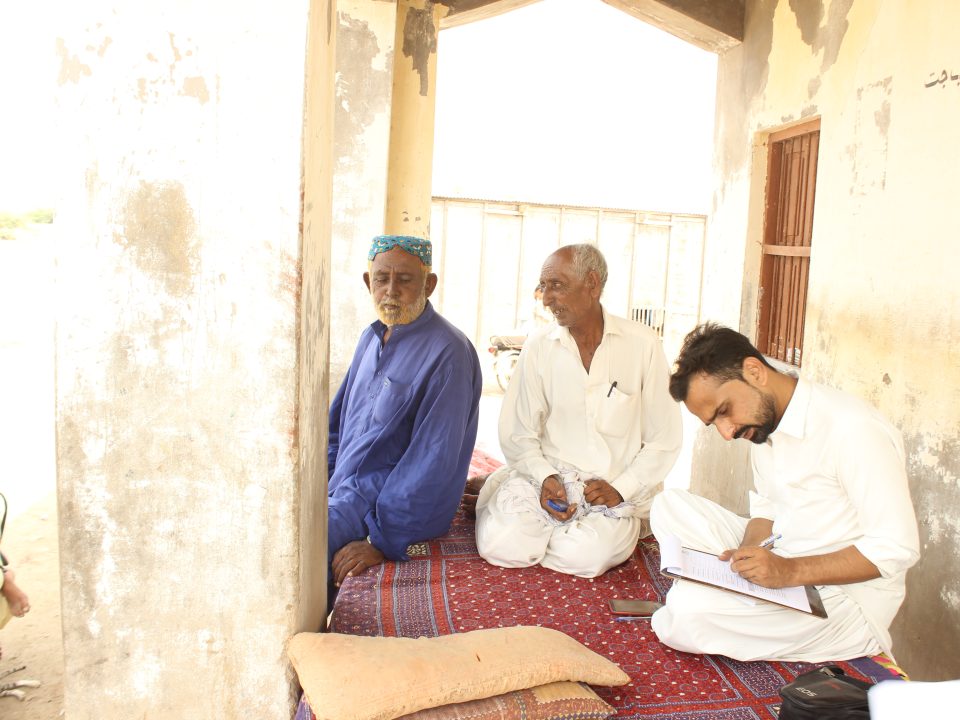
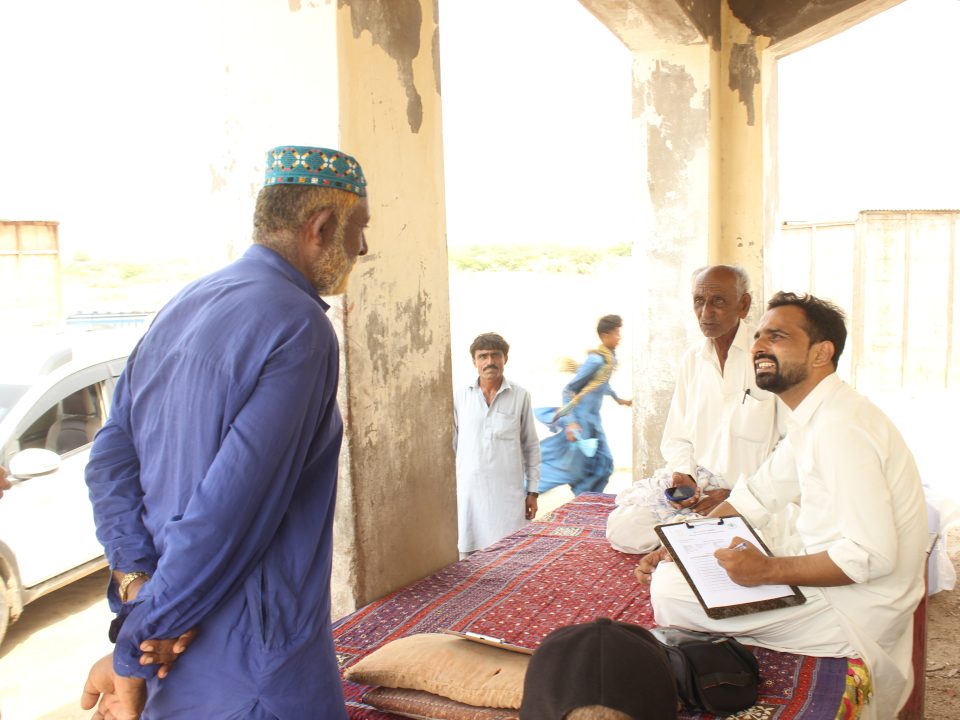
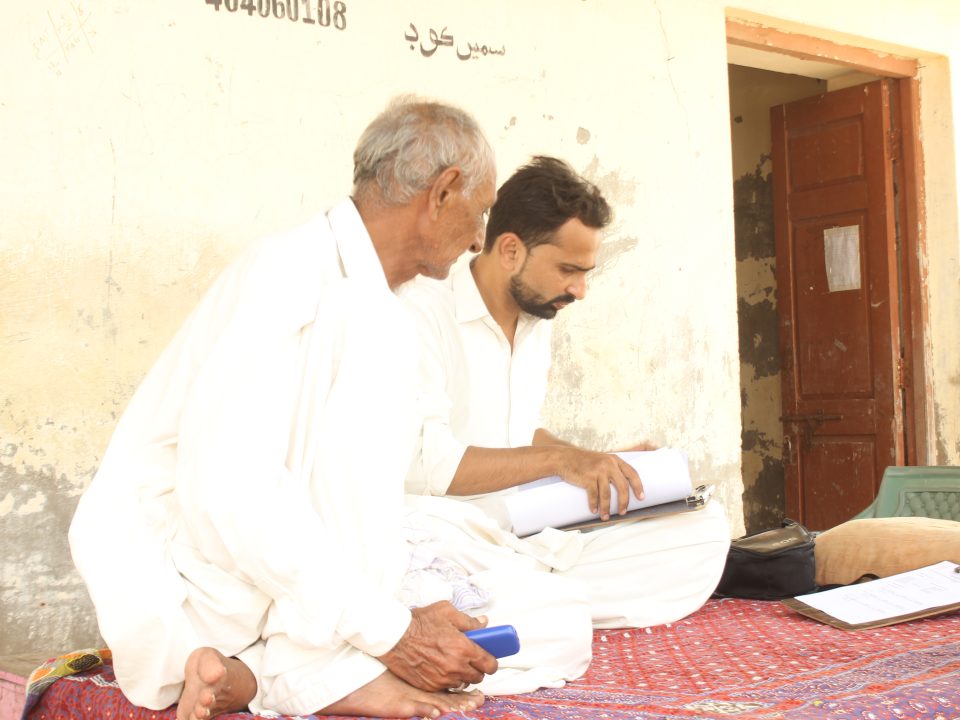
Arab Jatt
UC: Haji Ghirano
Tehsil: Mirpur Sakro
District: Thatta
Area: 27.15057
Population: 2,000
No. household: 200
No. family members: 0
Functionality: Non-function
Total Literacy Rate: 0%
No. of Schools: 1
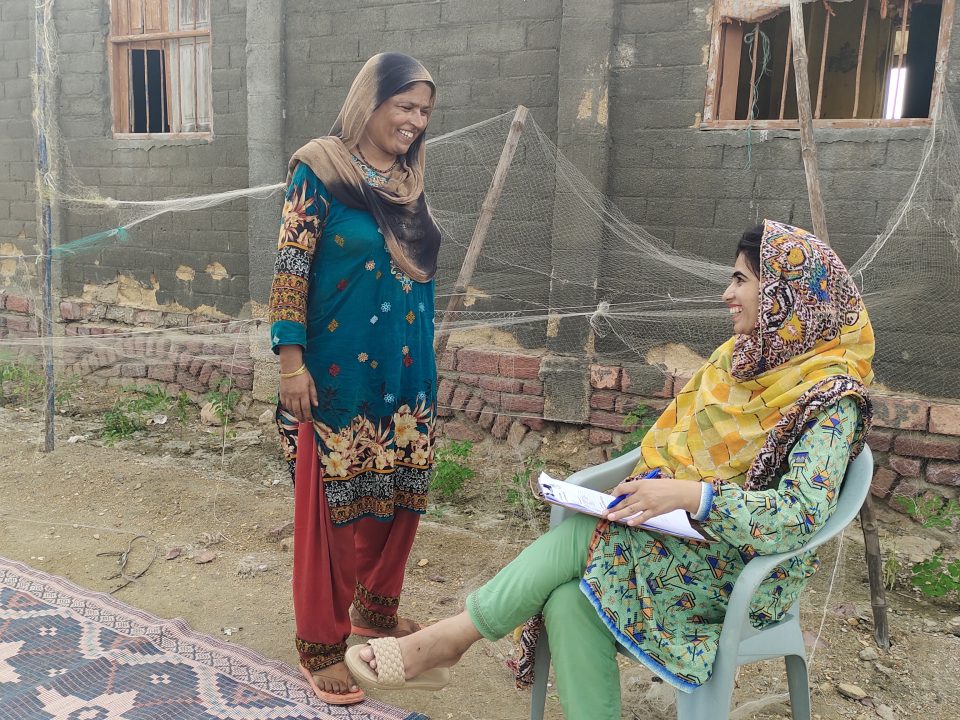
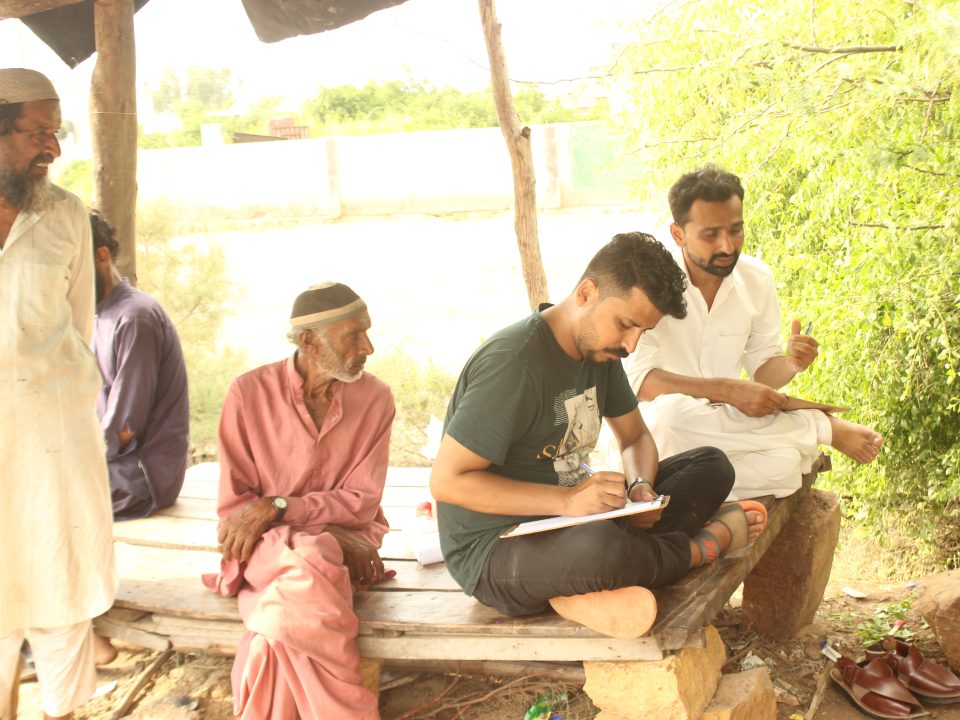
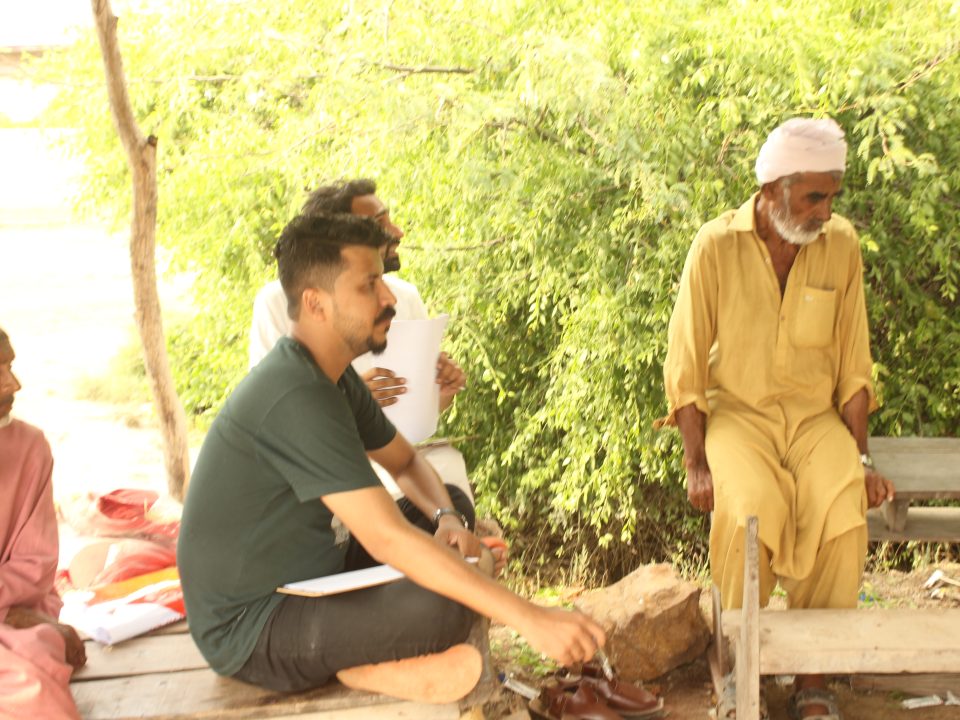
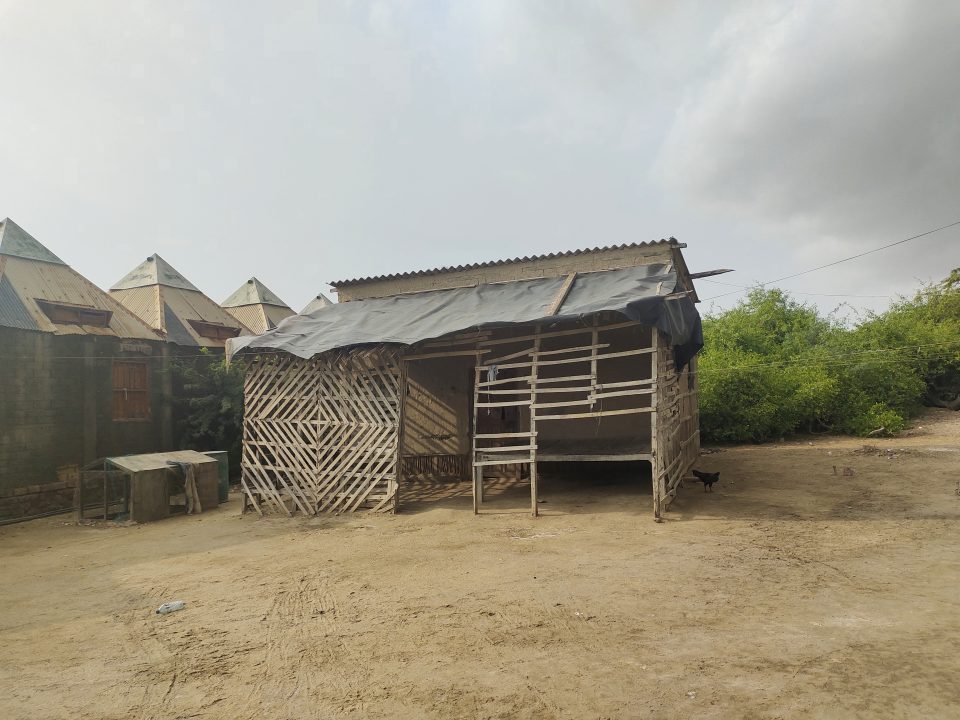
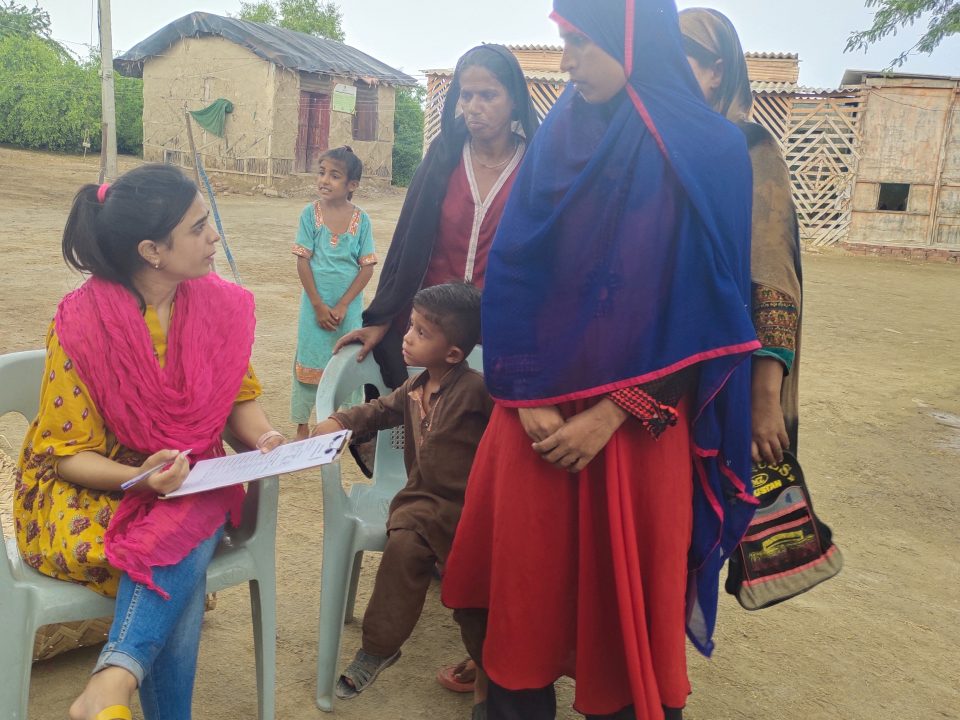
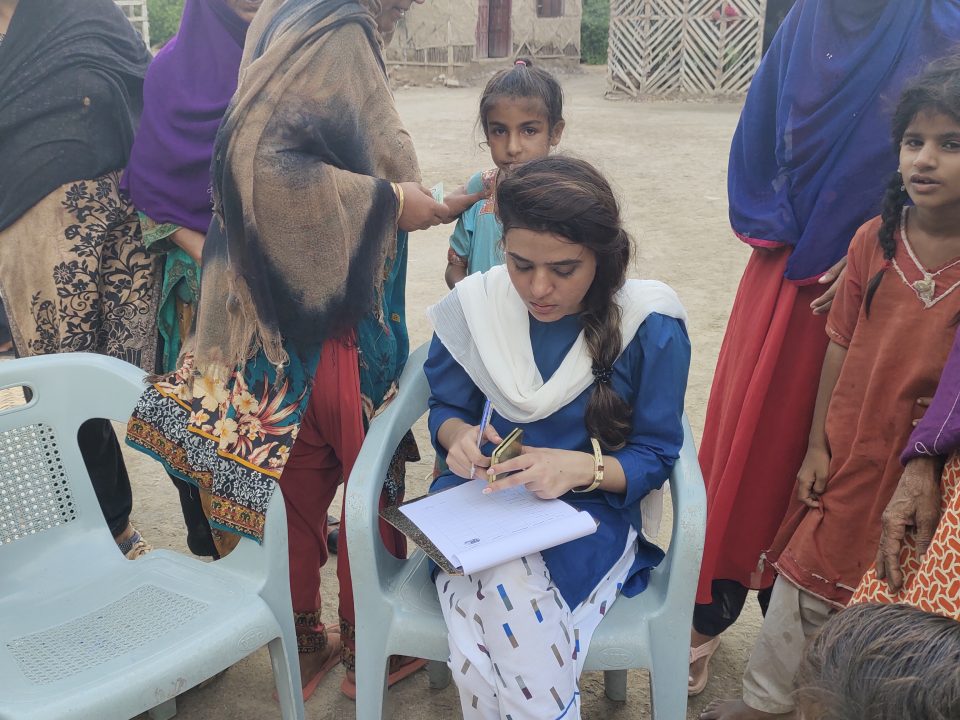
Gul Hassan Samoon
UC: Khagan
Tehsil: Mirpur Sakro
District: Thatta
Area: –
Population: 1,600
No. household: 250
No. family members: 2
Functionality: Non-function
Total Literacy Rate: 3.125%
No. of Schools: 2
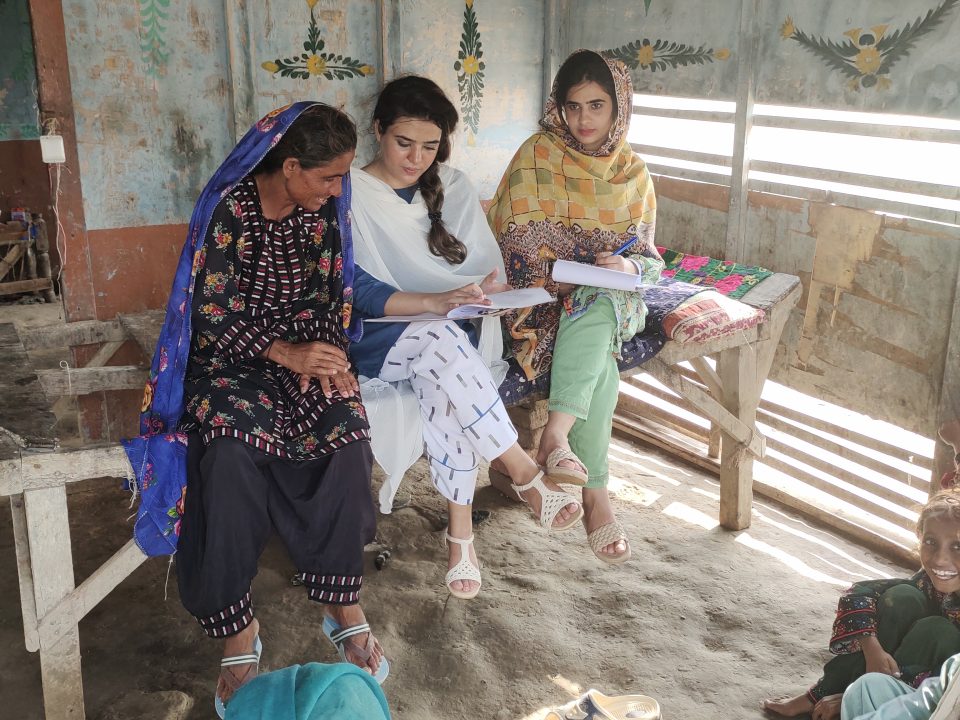
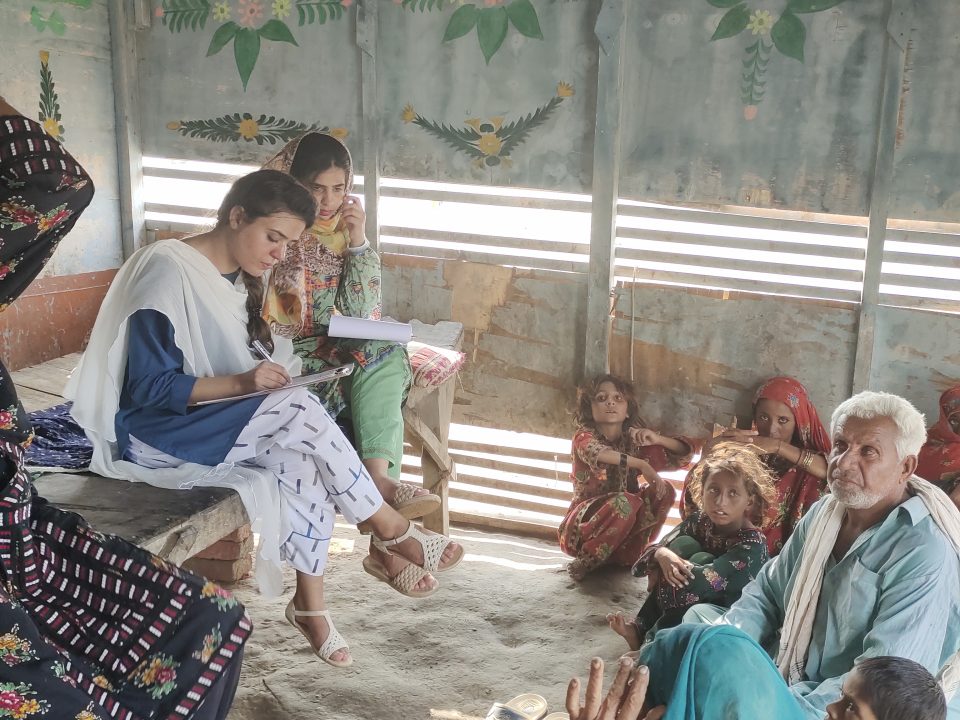
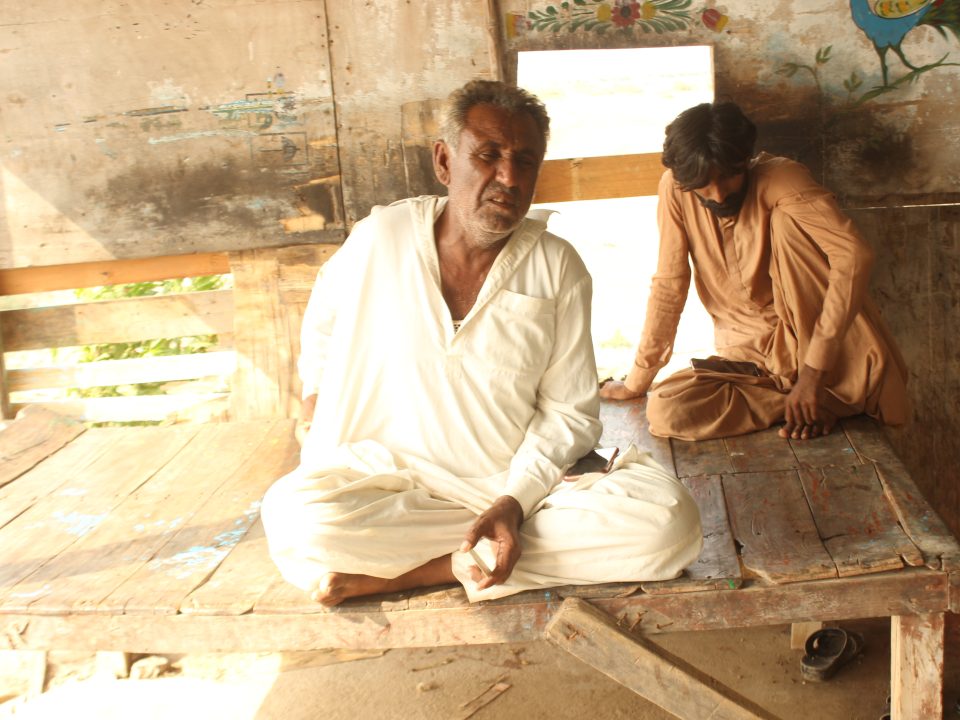
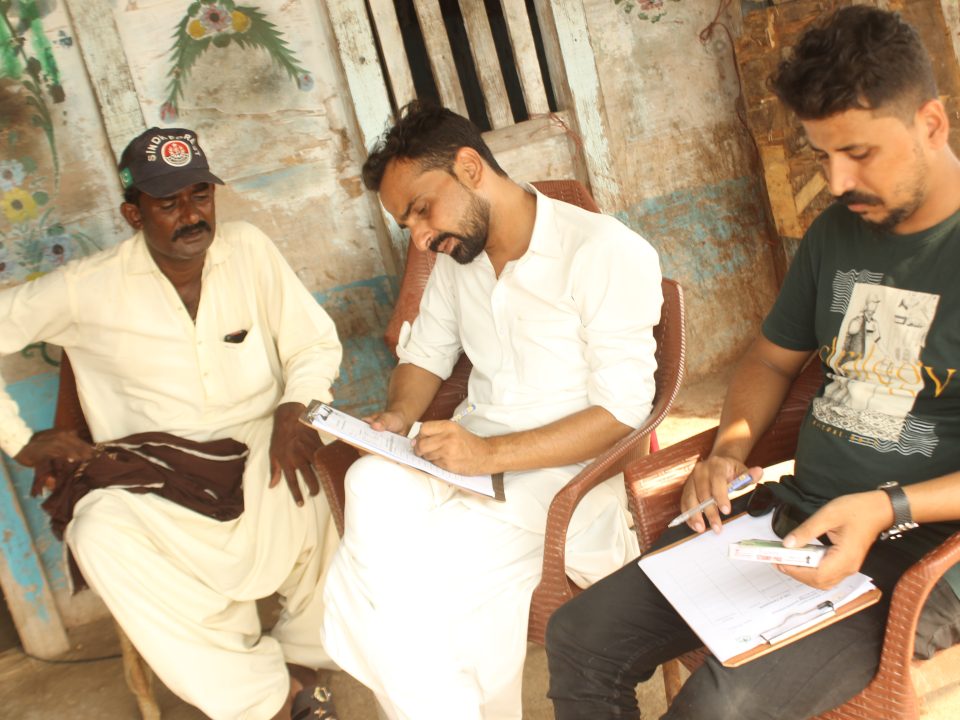
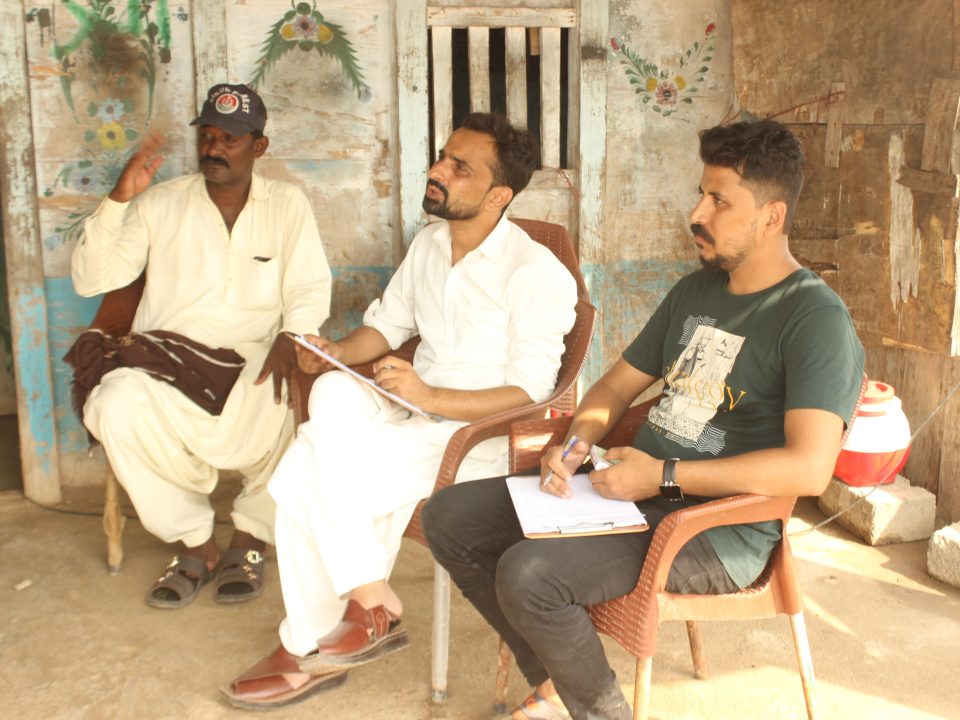
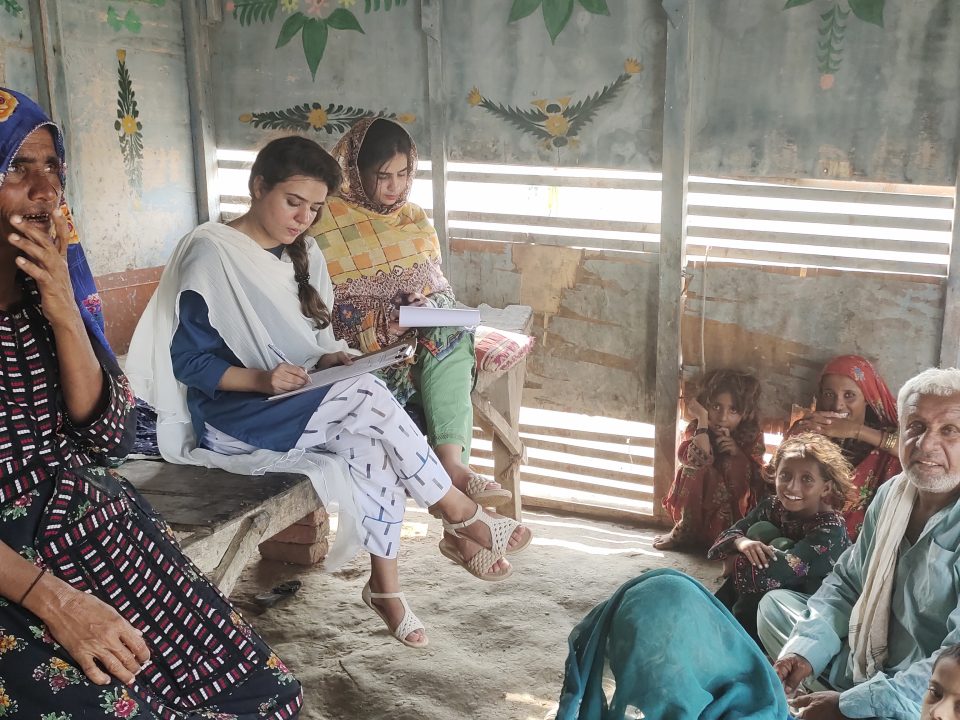
Haji Pandhi Jatt
UC: Haji Ghirano
Tehsil: Mirpur Sakro
District: Thatta
Area: 22.71404
Population: 500
No. household: 51
No. family members: 0
Functionality: Non-function
Total Literacy Rate: 1.6%
No. of Schools: 1
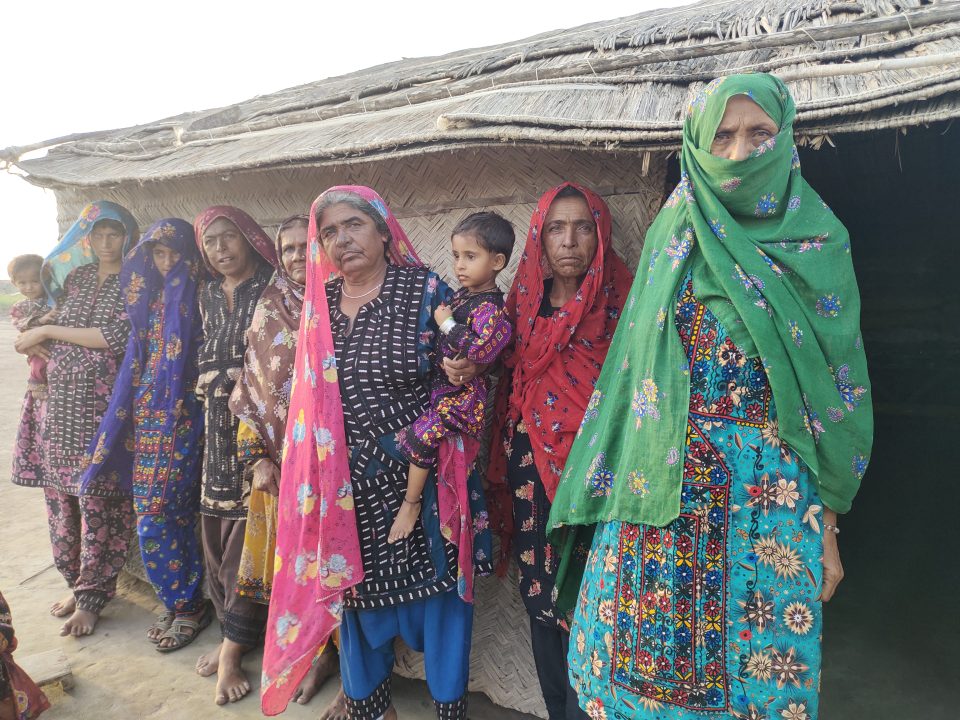
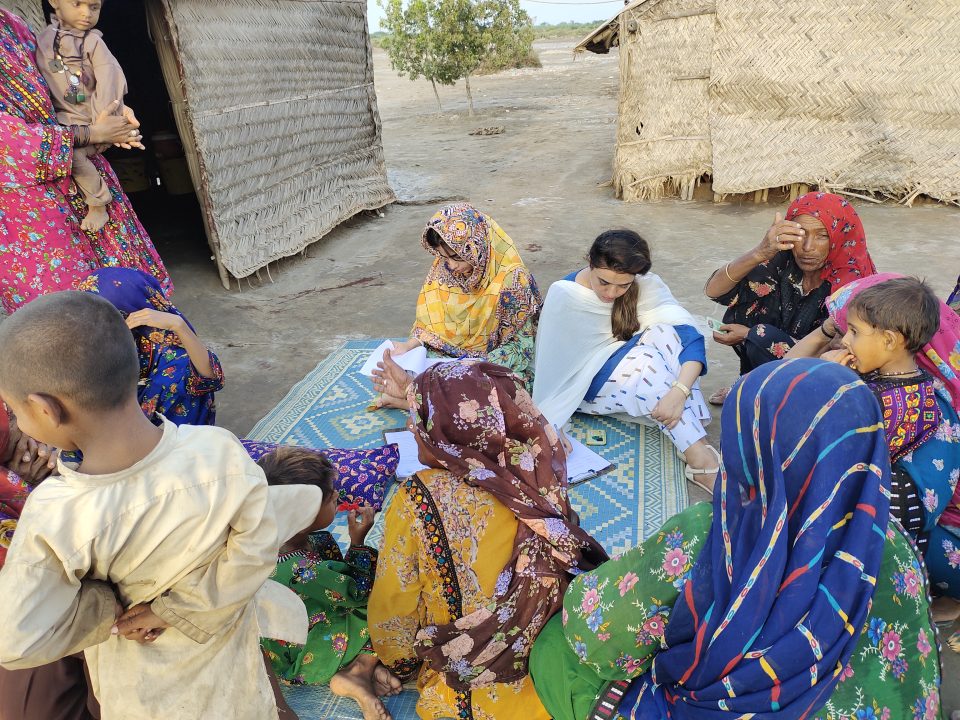
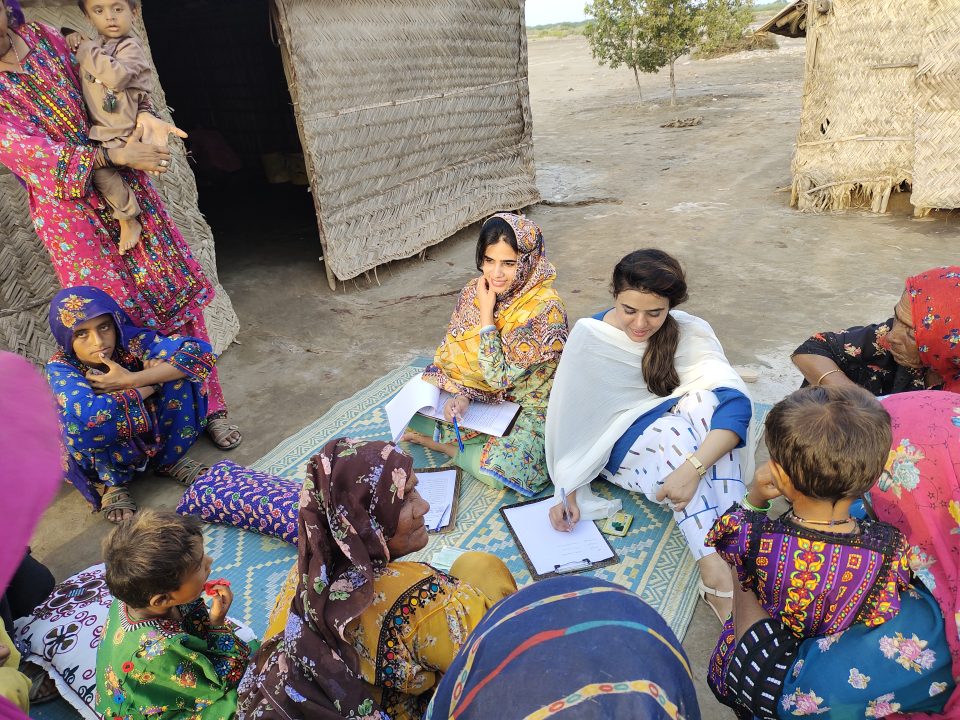
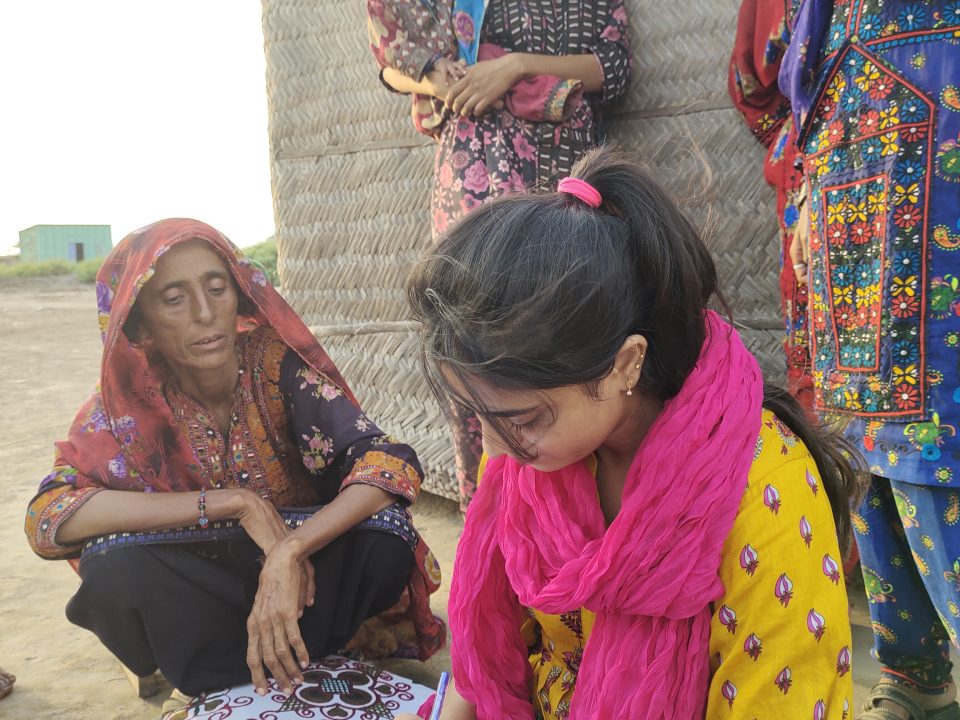
Karam Ali Jatt
UC: Haji Ghirano
Tehsil: Mirpur Sakro
District: Thatta
Area: 4.060394
Population: 425
No. household: 45
No. family members: 0
Functionality: Non-function
Total Literacy Rate: 0.94%
No. of Schools: 0
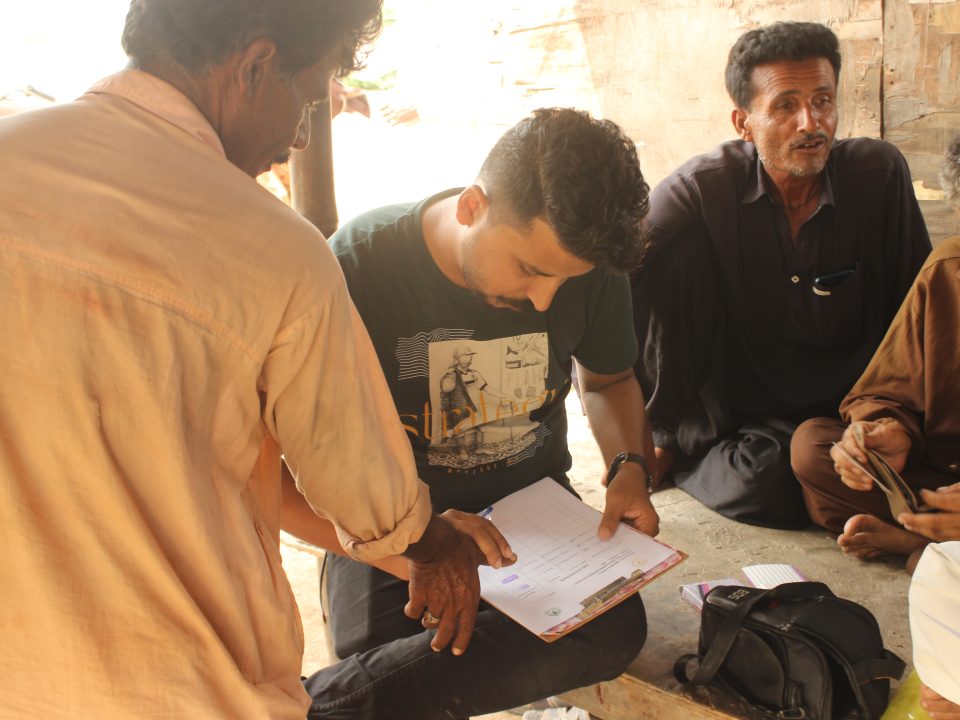
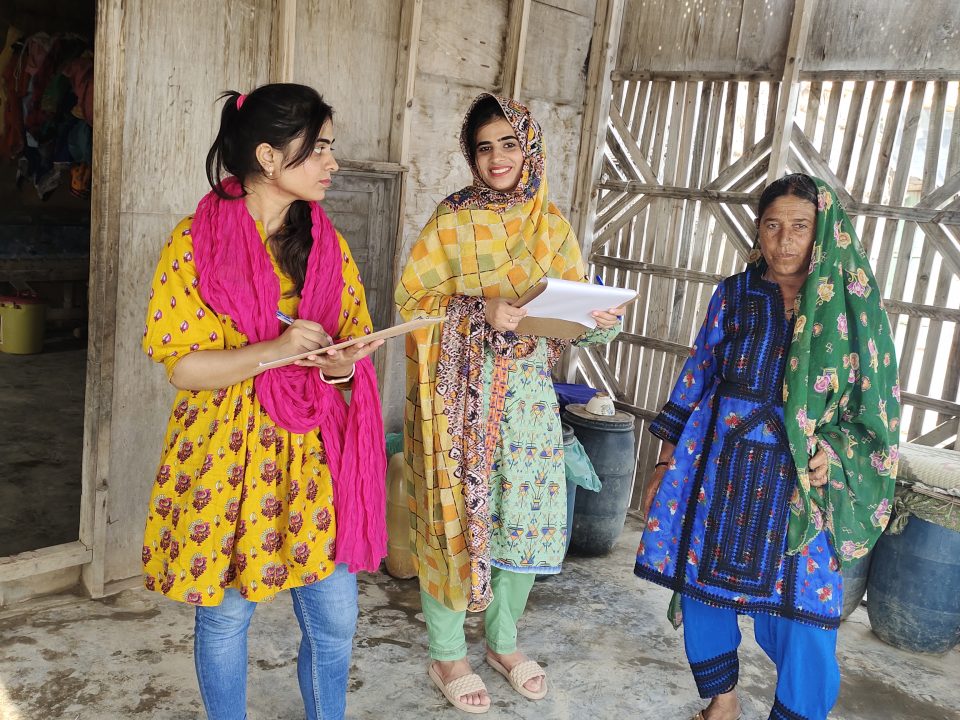



Sathi Jatt
UC: Bhambhore
Tehsil: Mirpur Sakro
District: Thatta
Area: 19.66887
Population: 900
No. household: 100
No. family members: 3
Functionality: Non-function
Total Literacy Rate: 3.8%
No. of Schools: 1
